View cart “Brass Kalash” has been added to your cart.
Pooja Shawl in White Color
₹360.00
Description
- Shawls are used in order to keep warm, to complement a costume, and for symbolic reasons. Shawls are also used for draping on the body during religious ceremonies.
- Made of soft cotton
- Shawl can be worn by pilgrims during their pilgrimage visit like Tirupati Balaji, Sabrimala, Sangam, the confluence of the rivers Ganges, Yamuna and Saraswati, at the Kumbha Mela.
Categories: Pooja Clothes, Pooja Ingrediants
Related products
Copper Panchapatra
₹210.00
Description
- copper panchpatra is an integral part of poojas where in the holy charan amrit is placed before the pooja and then distributed upon the Pooja's completion.
- The Charanamrit literally means Amrit (Holy Nectar) from the Charan (Feet of the Lord) of the worshipped deity and is partaken as a sacred offering or a holy gift after the completion of the pooja.
- In many Hindu homes the cooked food is first offered to the Lord each day and is then consumed by everyone else.
- The offered food is mixed with the rest of the food and then served as prasad.
Specifications
- Material - Copper
- Pack of - 1
- Size - (W x H) 7 x 6 cm
- Weight - 33 g
- Capacity - 100 ml
Kala Urad / Black gram
₹55.00
Brass Panchaarti (Small)
₹660.00
Description
- The importance of lighting a diya during worship can be traced back to Vedas.
- Light symbolizes knowledge and darkness, ignorance.
- The Lord is the “Knowledge Principle” (chaitanya) who is the source, the enlivener and the illuminator of all knowledge.
- Hence light is worshipped as the Lord Himself. Knowledge removes ignorance just as light removes darkness.
- Also knowledge is a lasting inner wealth by which all outer achievements can be accomplished.
- Hence we light the lamp to bow down to knowledge as the greatest of all forms of wealth.
- We therefore keep a lamp lit during all auspicious occasions as a witness to our thoughts and actions.
Specifications
- Material – Brass
- Pack of – 1
- Weight – 245 g
Black sesame (Kala Teel)
₹175.00 – ₹340.00
Description
- It is also known as Kura Goma. These seeds are used for purifying the body.
- Water boiled with these seeds makes body pure.
- Black til is mixed in either milk/ water and then offered to Lord Shiva in the form of Abhishek.
- It is equivalent to doing abhishek with 'punchamrat' (a combination of 5 things).
- This seed is very dear to the Pitars (deceased ancestors).
- Black sesame or kaala teel is part of hawan samagri, mix up in hawan samagri as homam dravya , exotice herbs.
- In shani, hanuman, shiva pooja and hawns major samagri used is black teel. on the day of saturday and tuesday with chameli oil black teel is offers to lord hanumanji, too remove saturn effect.
Quantity
- 250, 500 gms
Yellow Mustard (Pili Sarso)
₹50.00
Darbha Grass
₹215.00
Description
- Darbha Grass or Kusha Grass is scientifically known as Desmostachya bipinnata, commonly known in English by the names Halfa grass, Big Cordgrss, and Salt read-geass, is an Old World Perennial Grass. Kusha grass is a special type of grass which is used in Hindu rituals Pooja and Worship.
Uses
- While chanting hymns, hold a bunch of Darbha grass, dipping the tip into a pot full of water. The positive vibrations of the mantras recited are believed to be absorbed by water in the pot through the grass. Then the recharged water is sprinkled around to purify the surroundings.
- Also, while performing fire ritual, Darbha grass is placed on the four sides of the agni kund or sacred fireplace, While chanting and reciting verses from the Vedas, one has to wear a ring made of Darbha grass on one’s right hand ring finger as a protective shield from negative vibrations.
- The number of Darbha leaves used depends on the ceremony that is being performed. For ceremonies related to death, only one Darbha leaf is used. For auspicious and daily rituals, a ring made of two leaves is used for inauspicious but not death related functions — Amavasya Tharpanam, Pithra Pooja — a three - leaf Darbha ring is used. For temple prayers and pooja, a four-leaf Darbha ring is used.
Quantity
- Set of 5
Panchmeva
₹310.00
Clove, Cardamom, Betelnut
₹95.00 – ₹210.00
Description
- Pack of cloves (long), cardamom (elaichi) and betelnut (supari) for use in daily pooja and rituals.
Used
- Clove in pooja rituals for fulfillments of desires and success in work (karya siddhi).
- Cardamom has a special aroma, which is pleasant and is used to attract and invoke deity energies.
- The betel nut is an integral part of the daily or ritualistic Pooja.
- It is also popularly used in the age old- custom of Indian eating.
- The supari is symbolic of the nut of the ego that must be offered on the altar of God.
- It represents the hard, coarse qualities that must be surrendered to God, leaving only the soft, pure qualities.
Quantity
- Clove, Cardamom, Betelnut - set of 5 , or 11 each


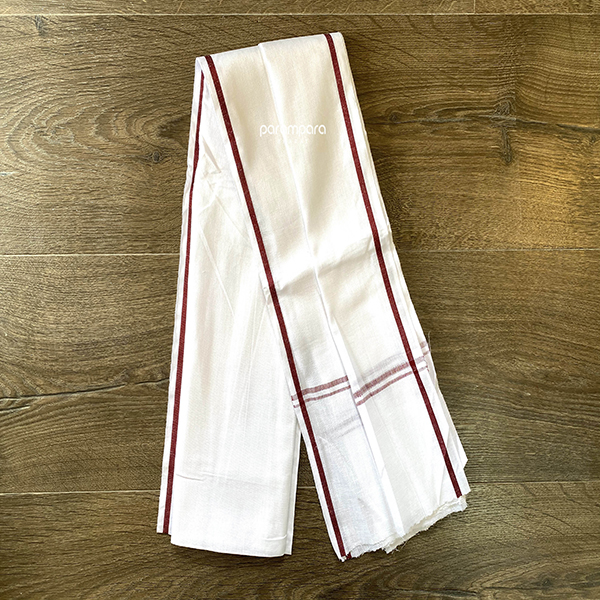
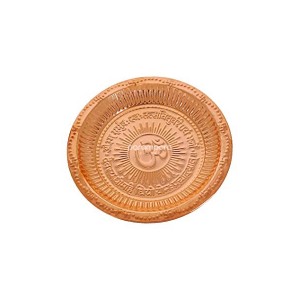
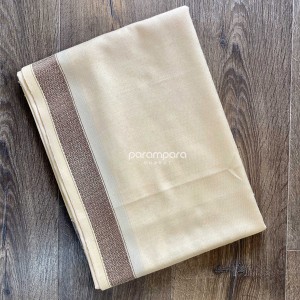
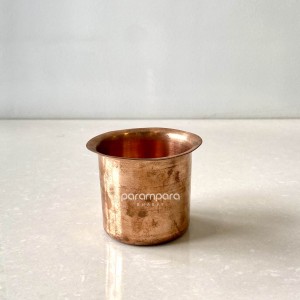


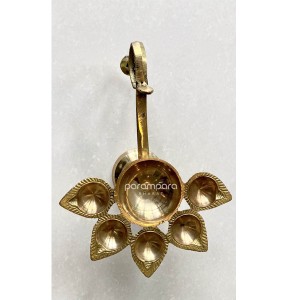

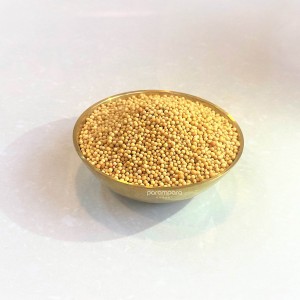

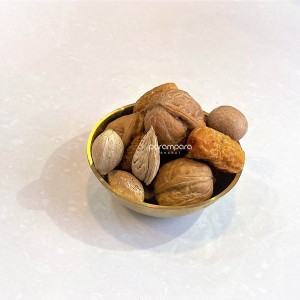
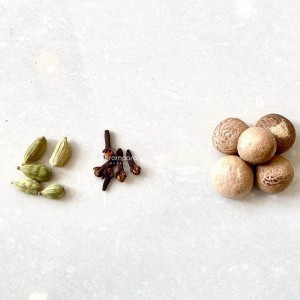
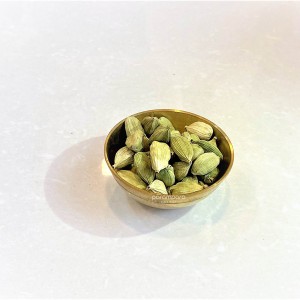


Reviews
There are no reviews yet.